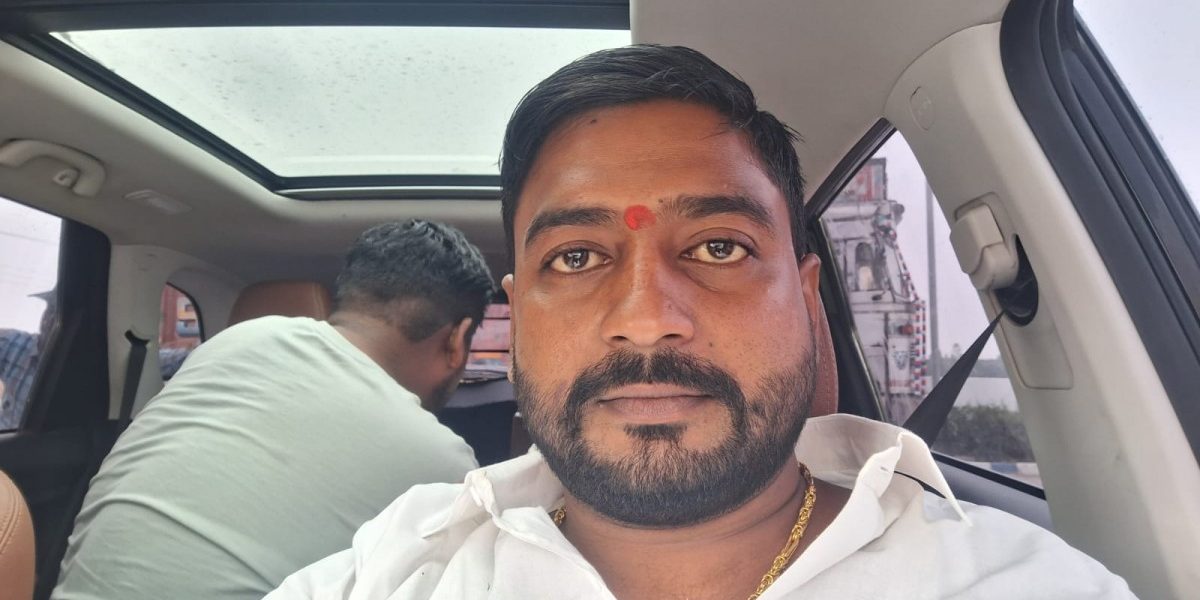
By Web Desk
The sentencing of three men to six years of rigorous imprisonment under the Uttar Pradesh Prohibition of Unlawful Conversion of Religion Act, 2021, by a court in Azamgarh on charges of mass conversion has raised questions about the credibility of the witnesses and the absence of those who had allegedly converted from Hinduism to Christianity.
Although no individuals were found to have actually converted from Hinduism to Christianity, the court’s decision was based on the testimonies of four men—one a BJP worker, one his friend, and two police officials—raising questions about the evidence presented during the trial, The Wire reported.
The convicted individuals, Balchand Jaisawar, Gopal Prajapati, and Neeraj Kumar, were found guilty on charges that they attempted to convert a BJP worker, Ashok Kumar Yadav, to Christianity.
According to Yadav, who lodged the First Information Report (FIR), the accused had invited him to join a prayer meeting and convert to Christianity. When he refused, he alleged that they abused and threatened him. The prosecution, however, only presented four witnesses: Yadav himself, his friend, and two policemen.
This case came shortly after the Uttar Pradesh government introduced a law targeting unlawful religious conversions. The law, passed in December 2020, defined mass conversion as the conversion of two or more people through misrepresentation, coercion, undue influence, or fraudulent means.
It carries penalties of up to 10 years of imprisonment. The law has been controversial, with critics arguing that it has been used to target religious minorities, particularly Christian groups, accused of proselytising.
This story was originally published in madhyamamonline.com. Read the full story here.

